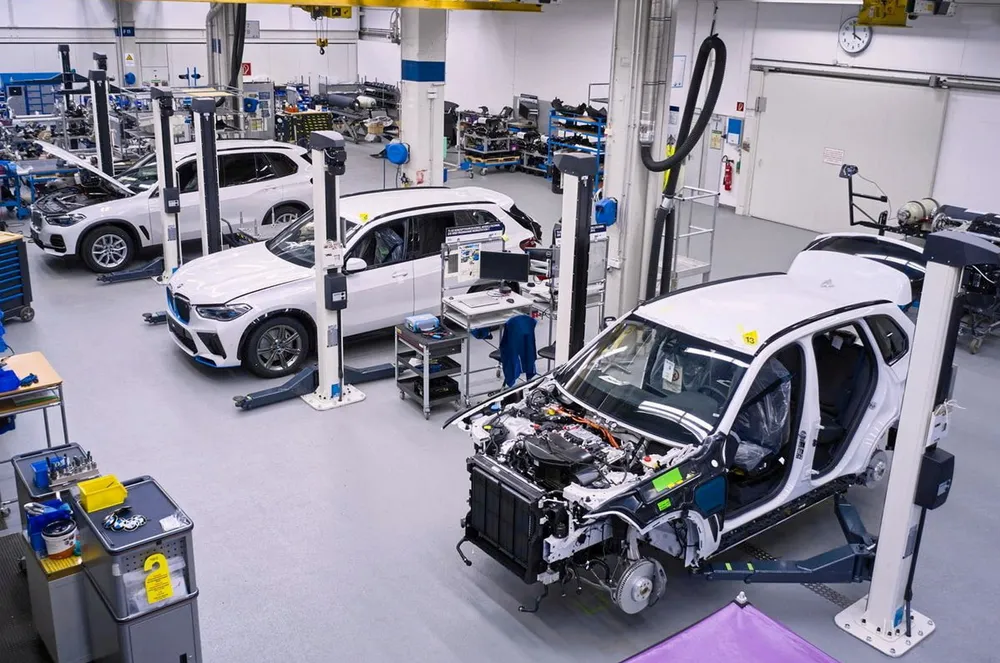'Hydrogen car sales are so low that we are unable to make long-term forecasts': BloombergNEF
FCEVs represented 0.02% of global passenger vehicle sales in 2022, research house says

FCEVs represented 0.02% of global passenger vehicle sales in 2022, research house says
